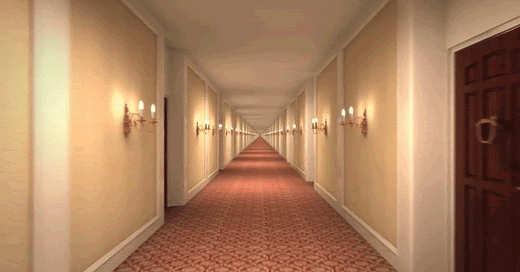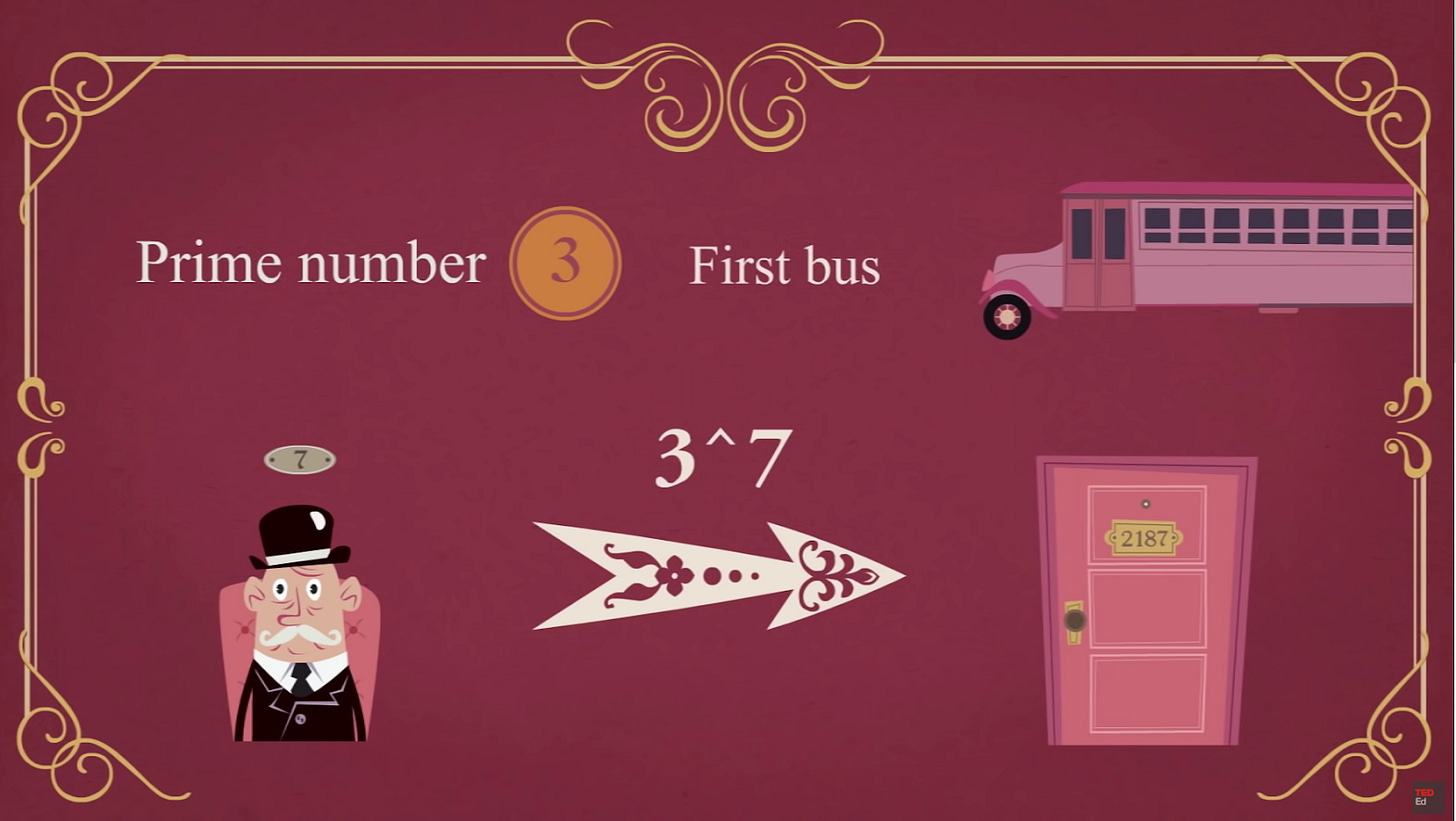Hilbert's Infinite Hotel Paradox - Always full yet Always available
Hi everyone, so today I will be talking about a super interesting paradox called the Hilbert’s Hotel Paradox, or more commonly known as the Infinite Hotel Paradox.
Let me first tell you some background of this paradox:
It was a thought experiment introduced by David Hilbert who was a German mathematician and a contemporary of Albert Einstein.
The setting of this paradox is a hotel with an infinite number of rooms. And all rooms are already occupied.
The paradox is about how we can still check in new people even though the hotel is full!
Let’s consider a few scenarios:
CASE 1
In the first case, let’s consider 3 subcases. <says cases>
Peer-worthy proof
Can you think of a solution? If no, then it’s OK. It’s simple, really: We ask the guest in room 1 to move to room 2. The guest in room 2 to move to room 3. The guest in room 3 to move to room 4, and so on. Since there is an infinite number of rooms, every existing guest will be able to shift by one room. This will free up room 1, leaving it vacant for the new guest.
Number Devil worthy proof
We need to free up Room 1. He can do this by asking all existing guests to move from their room no. n to room number n + 1, thus freeing up room 1. Since set N, containing all the room numbers is infinite, all existing guests will be able to shift.
CASE 2
Now an infinitely large bus, with a countably infinite number of passengers, pulls up to rent rooms. How will We accommodate all of them?
Peer-worthy proof
We can ask the guest in Room 1 to shift to Room 2. He then asks the guest in Room 2 to shift to Room 4, the guest in Room 3 to shift to Room 6. Asking all the guests to shift to double their current Room number, filling up only the infinite even numbers. He has now freed up all the odd number of rooms for the new guests.
Number Devil worthy proof
Well, we know that both odd and even numbers are infinite. Even numbers are all of form 2m, and we can give all existing guests room 2n, where n is their current room number. We have freed up all odd numbers, and thus we can give these rooms to the people on the infinite bus.
CASE 3
One day, We see an infinite line of infinitely large buses each with a countably infinite number of passengers, all wanting to rent rooms. How can We assign rooms to all of them?
Peer-worthy proof
We can do this by remembering a certain property that there is an infinite number of prime numbers, which in 300 BC Euclid proved. This means we can assign each existing guest to the first prime number, 2, raised to the power of their current room number. So, the current guest in room number 8 goes to room number 2^1, 2^2, 2^3….
Then we take the people on the first of the infinite buses and assign them the next prime number, 3, raised to the power of their seat number on the bus. So, the person on seat no. 8 on the first bus goes to room 3^1, 3^2, etc., or room 6561, and so on for the people on the first bus. The people on the second bus are assigned powers of the next prime, 5, the following bus, powers of 7, so on and so forth.
Each of these numbers only has one and the natural number powers of their prime number base as factors. So, there are no overlapping room numbers.
There are a lot of rooms which will be vacant, however. Such as 6, because it isn’t a power of any prime number.
Number Devil worthy proof
Let’s say all Prime numbers belong to set P, and P sub 1 = 2, P sub 2 = 3, P sub 3 = 5, etc., and any room number of an existing guest in the hotel is n, and the seat number on any guests in the bus are S.
To fill in infinite passengers on the infinite number of buses, we first assign all existing guests to (P sub 1) ^ (n). Then on Bus 1, we assign the passenger’s room to (P sub 2) ^ S, and so on for the buses. P sub (B+1) is also another way to write it.
All in all, I think that Hilbert’s Infinite Hotel paradox is a fun way to try to wrap our minds around the concept of infinity. But remember, here we are dealing with the lowest level of infinity. A real infinite hotel would have real, complex, radical, etc. numbers like sqrt(2) and pi. That’s why “countably infinite” is the key. That means normal, or natural numbers like 1, 2, 3, 4, etc.
Well, I hope you found this paradox interesting. Do you know any other paradoxes? Post in the comments! Sayonara, from KidLokSe





